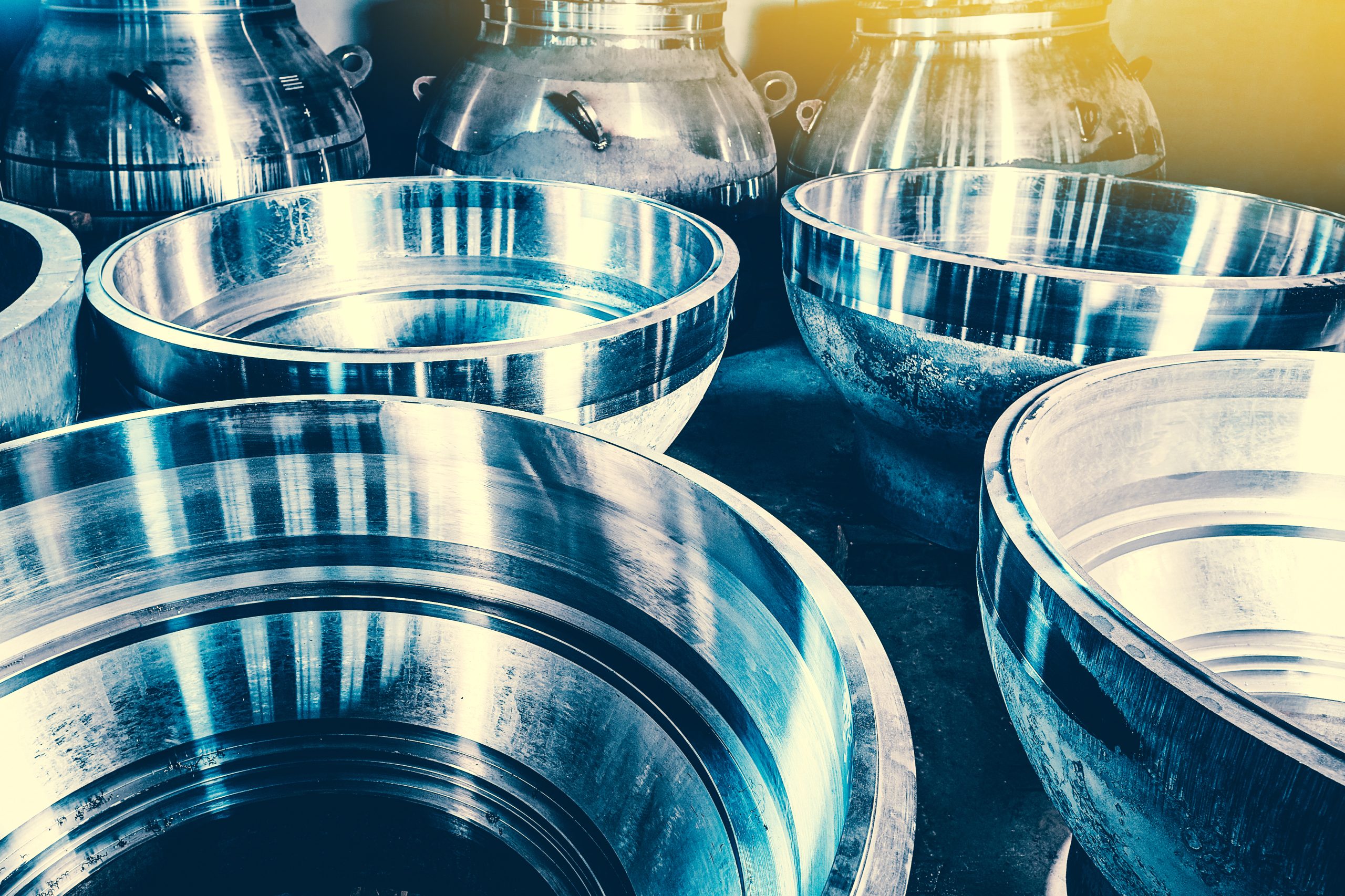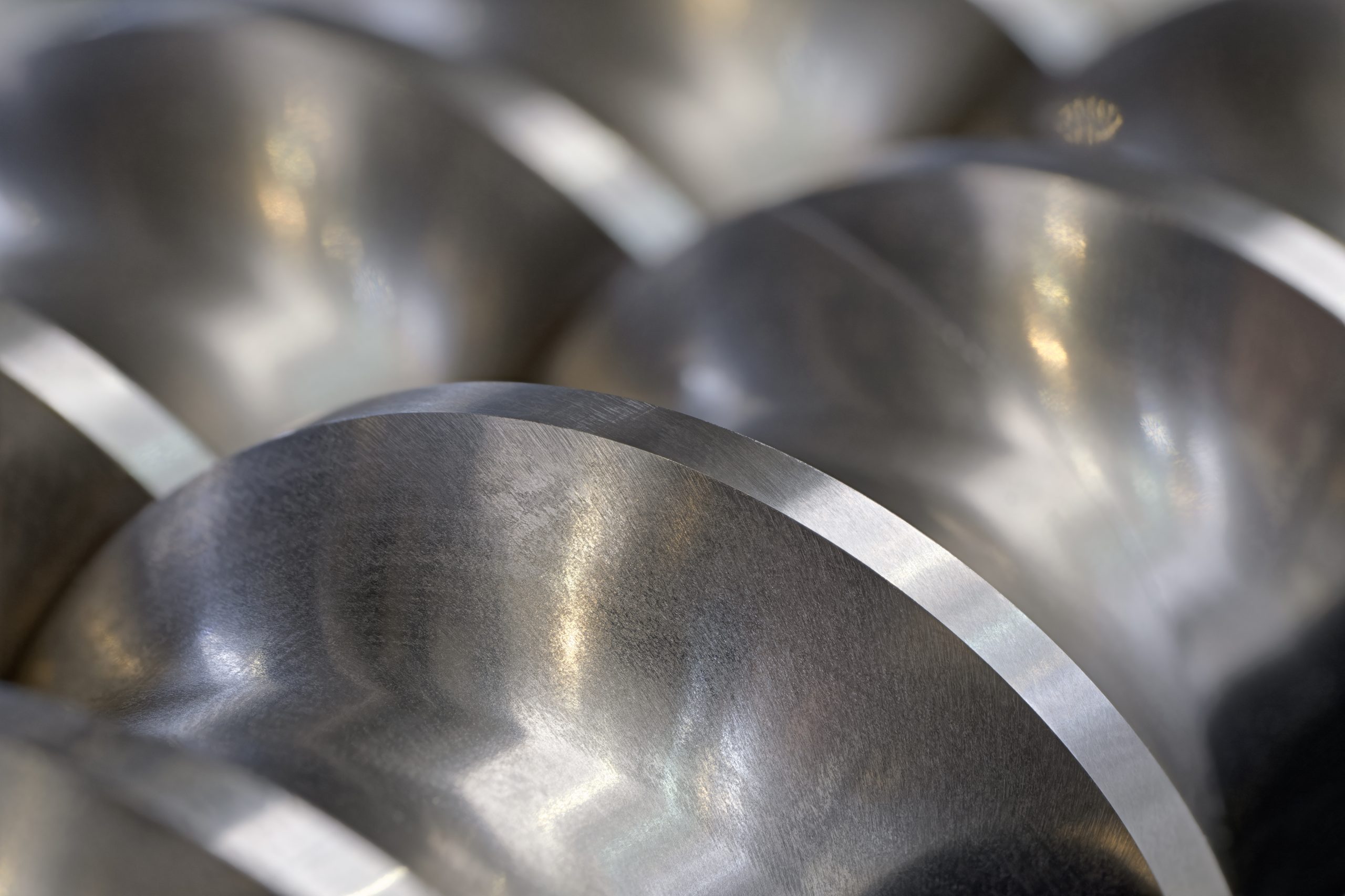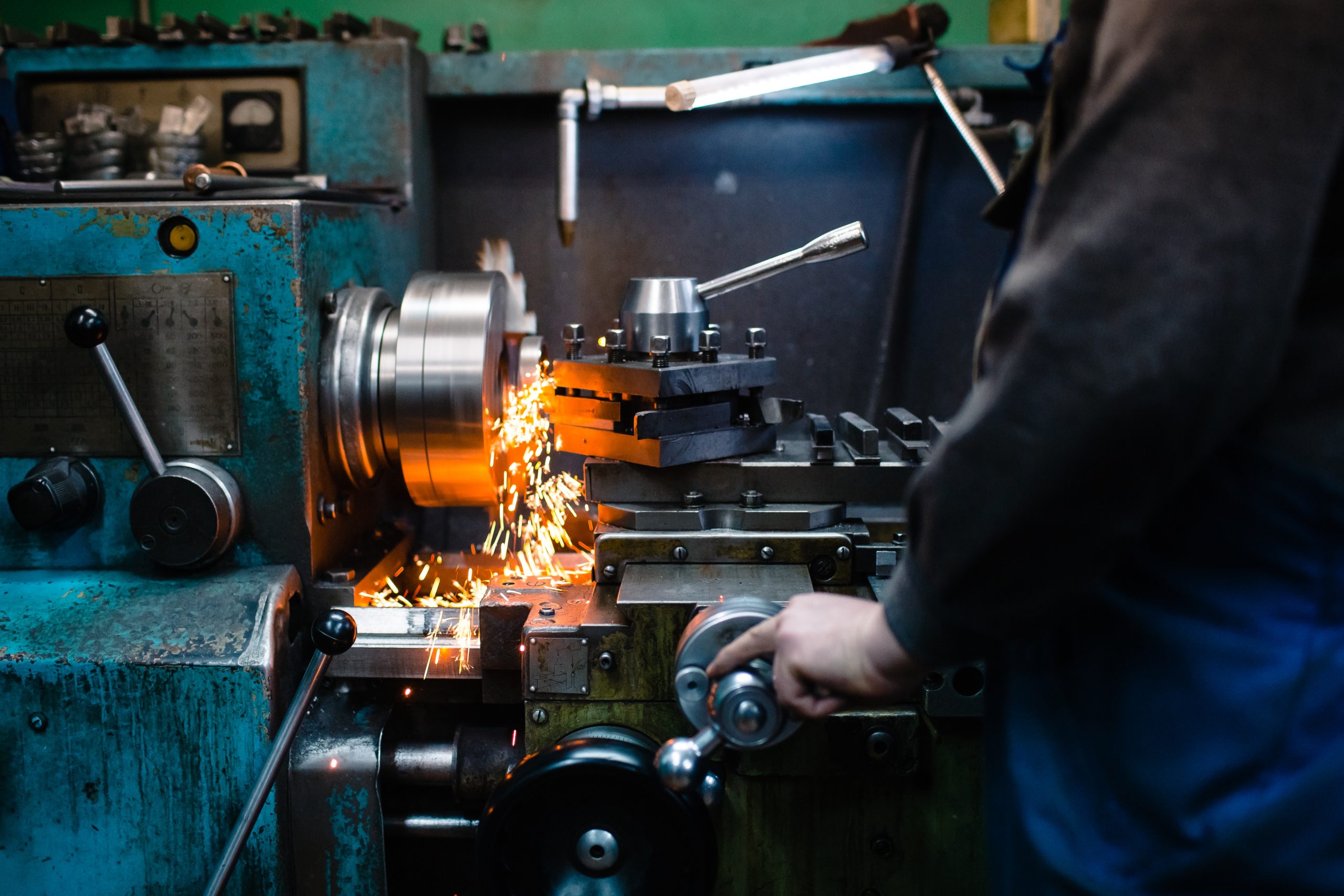Beyond its specific applications, metal spinning offers numerous advantages that make it a preferred choice in the oil and gas sector. Metal spinning, a centuries-old technique that has evolved with modern technology, has found a place in the oil and gas sector due to its unique benefits. The method not only ensures precision in design but also enhances the structural integrity of the components, making them highly durable and reliable in demanding oil and gas environments.
Metal spinning allows for the creation of seamless components, reducing the need for additional joining or welding processes. This seamless construction enhances the overall efficiency of the equipment, decreasing the risk of leaks or failures.
Moreover, the versatility of metal spinning extends to the production of both small and large components with consistent quality. This uniformity in manufacturing plays a vital role in streamlining assembly processes and maintaining operational efficiency throughout the lifecycle of oil and gas infrastructure. For more industry insights, read about ‘the role of metal spinning in the renewable sector’.
Additionally, the ability to produce complex shapes and forms in a single spinning operation saves time and reduces manufacturing complexity. This efficiency is vital in meeting tight project schedules and ensuring timely completion of oil and gas infrastructure.

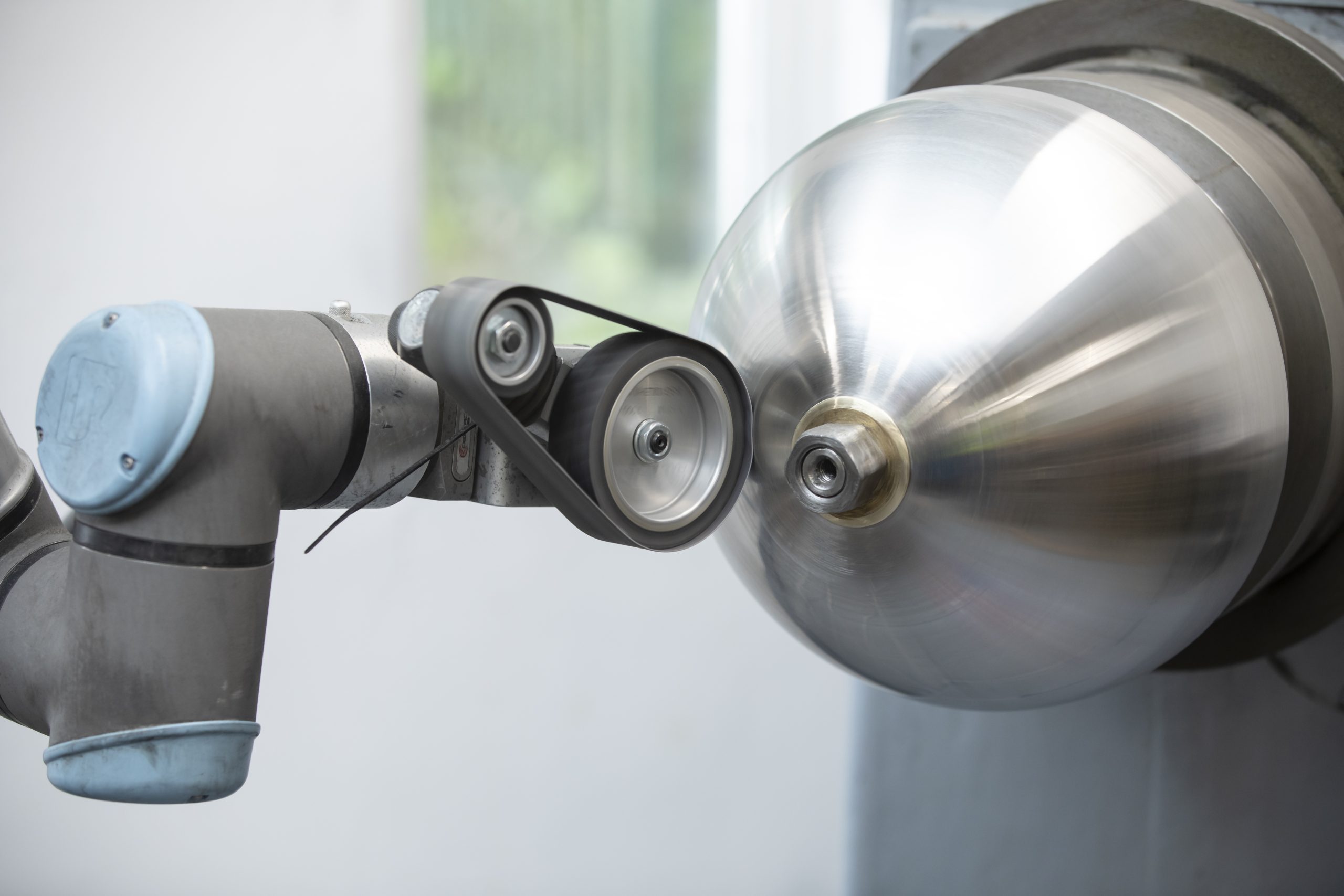 Metal Spinning
Metal Spinning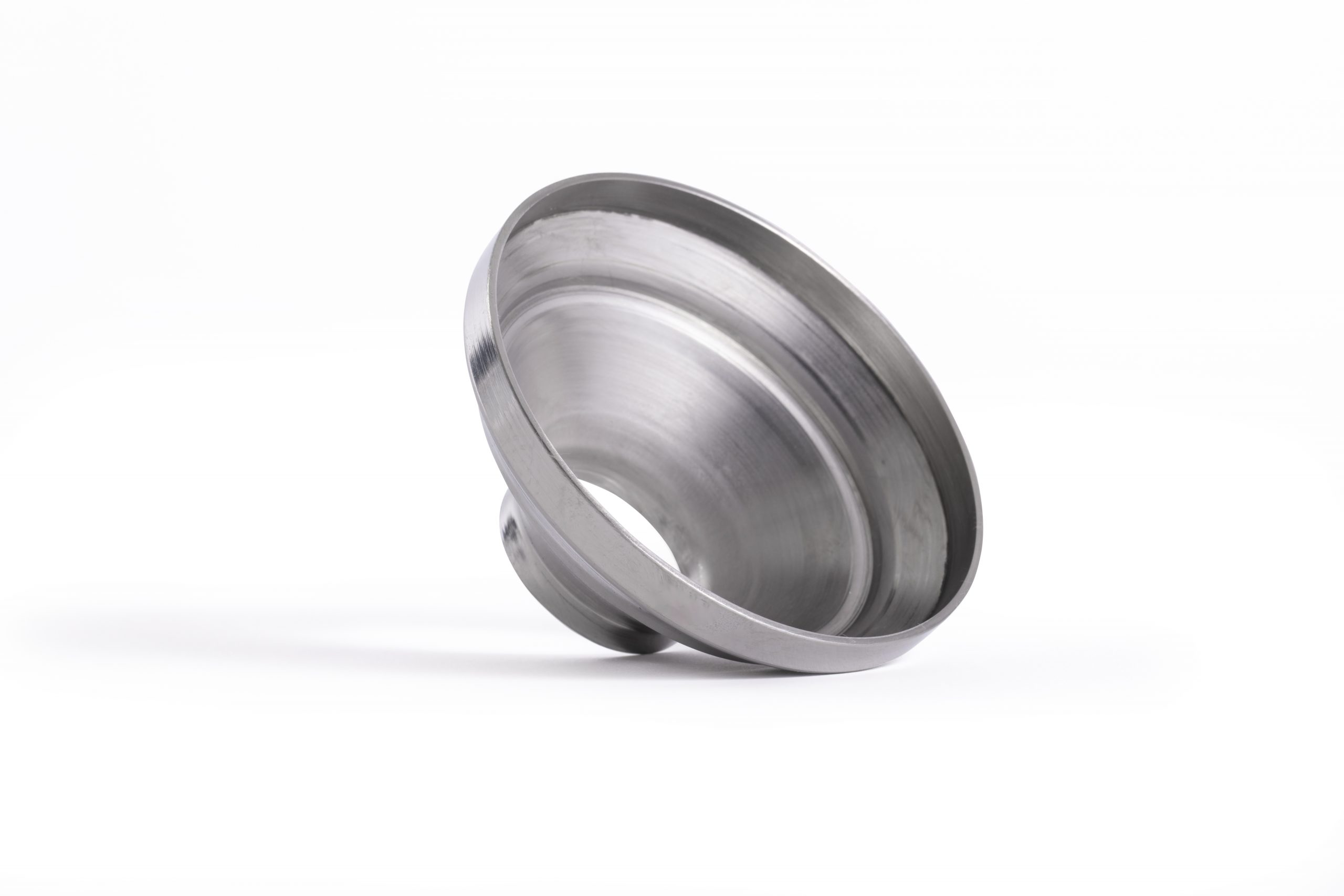 Bespoke Metal Spinning
Bespoke Metal Spinning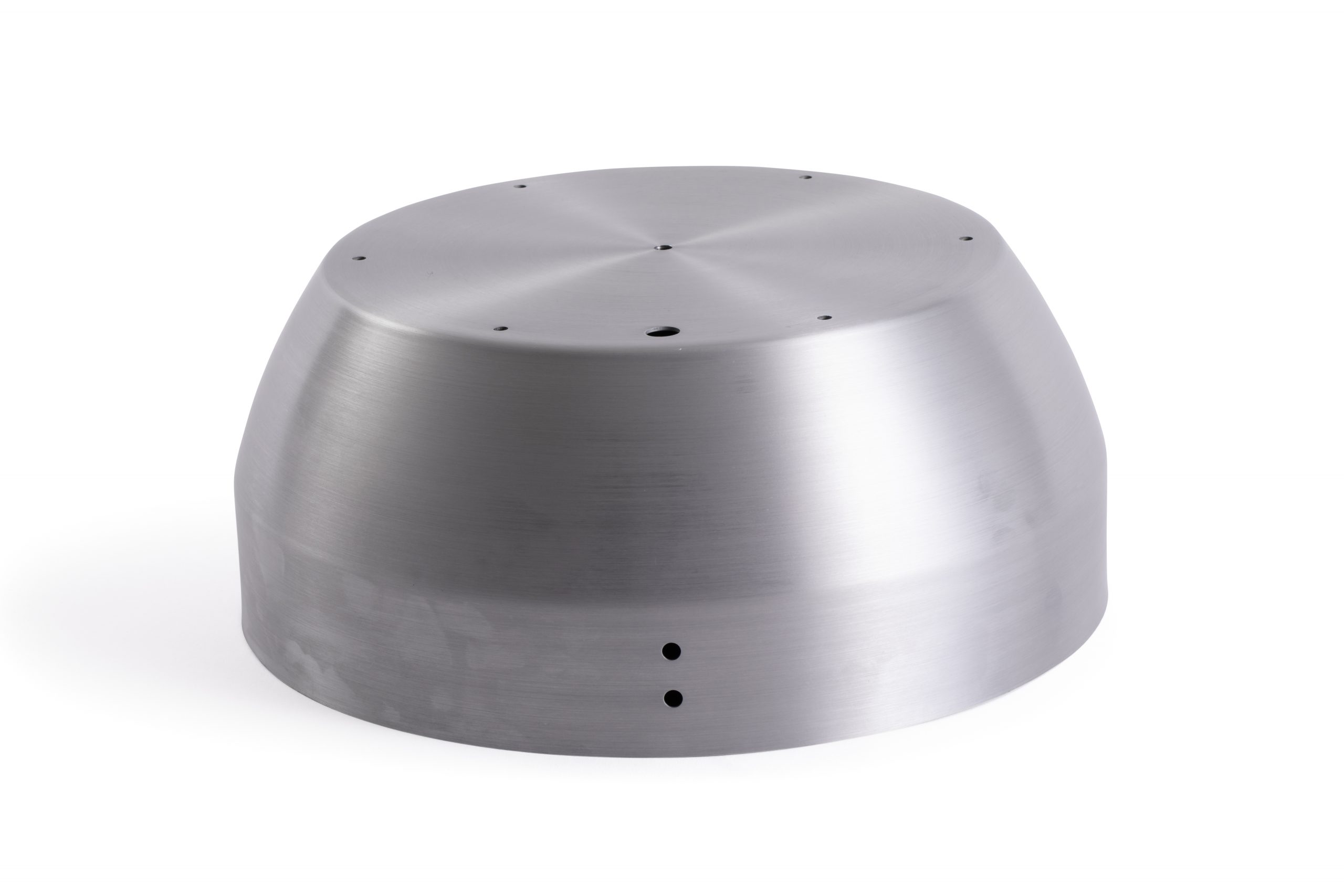 Metal Polishing
Metal Polishing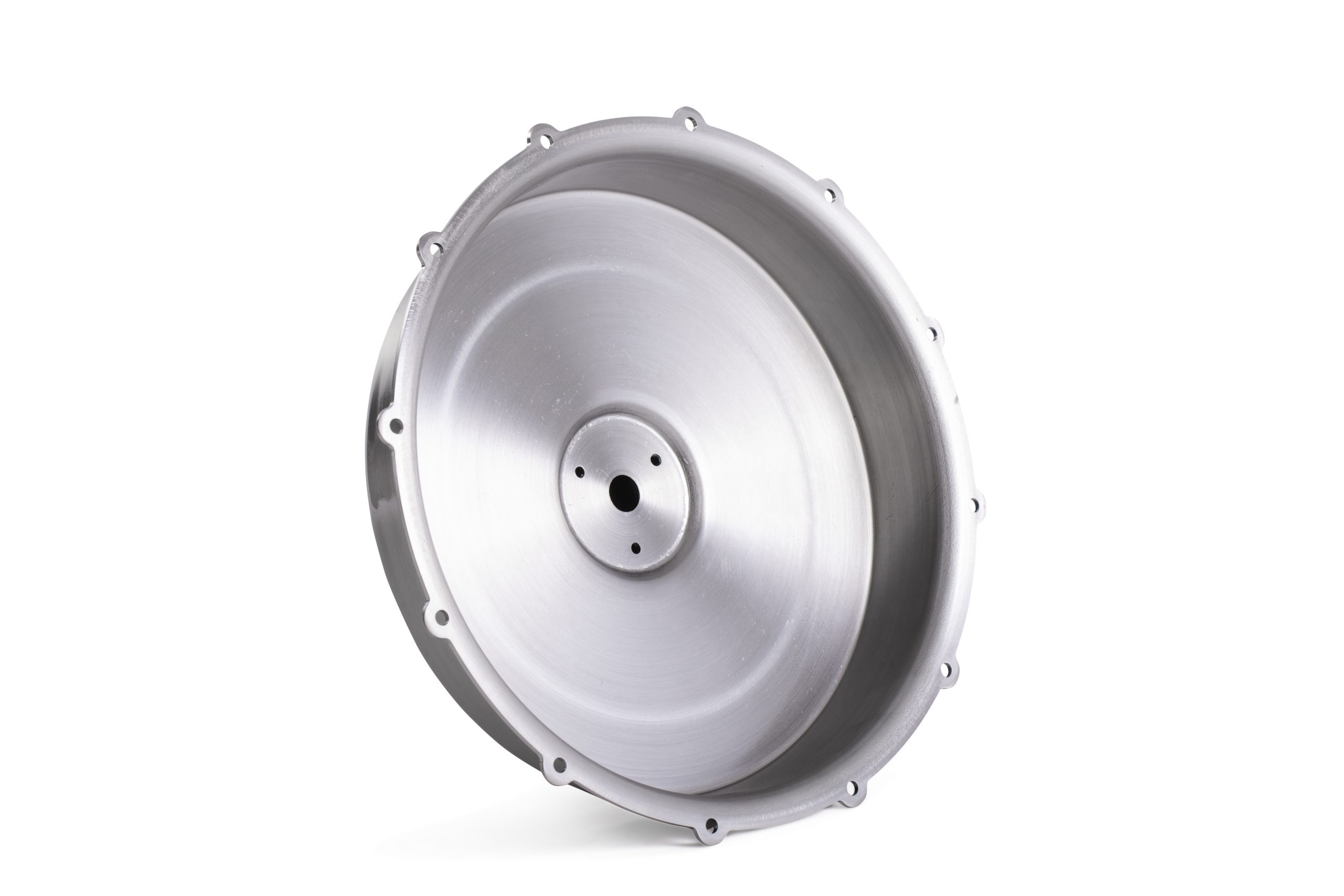 Machining
Machining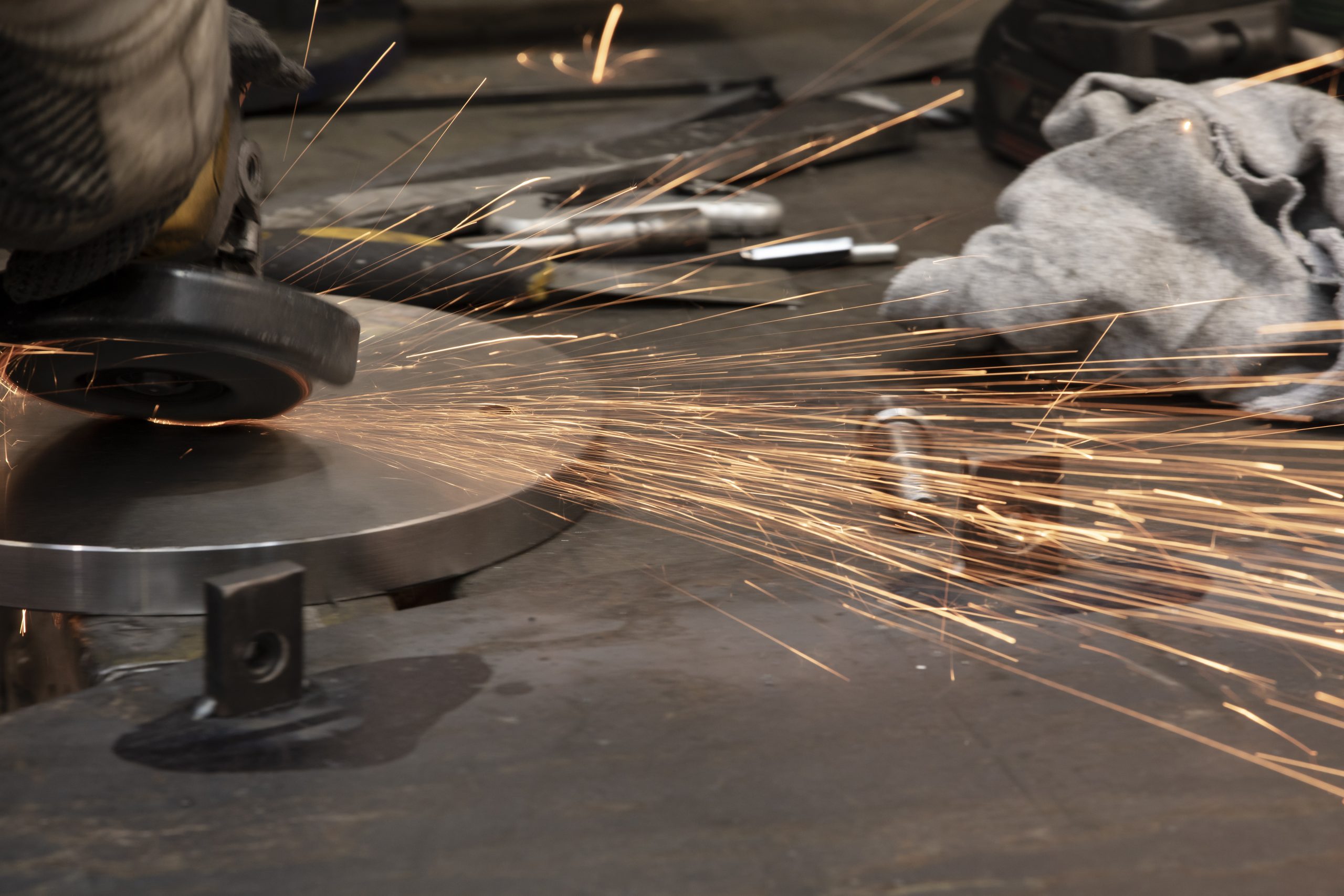 Metal Pressing
Metal Pressing Metal Swaging
Metal Swaging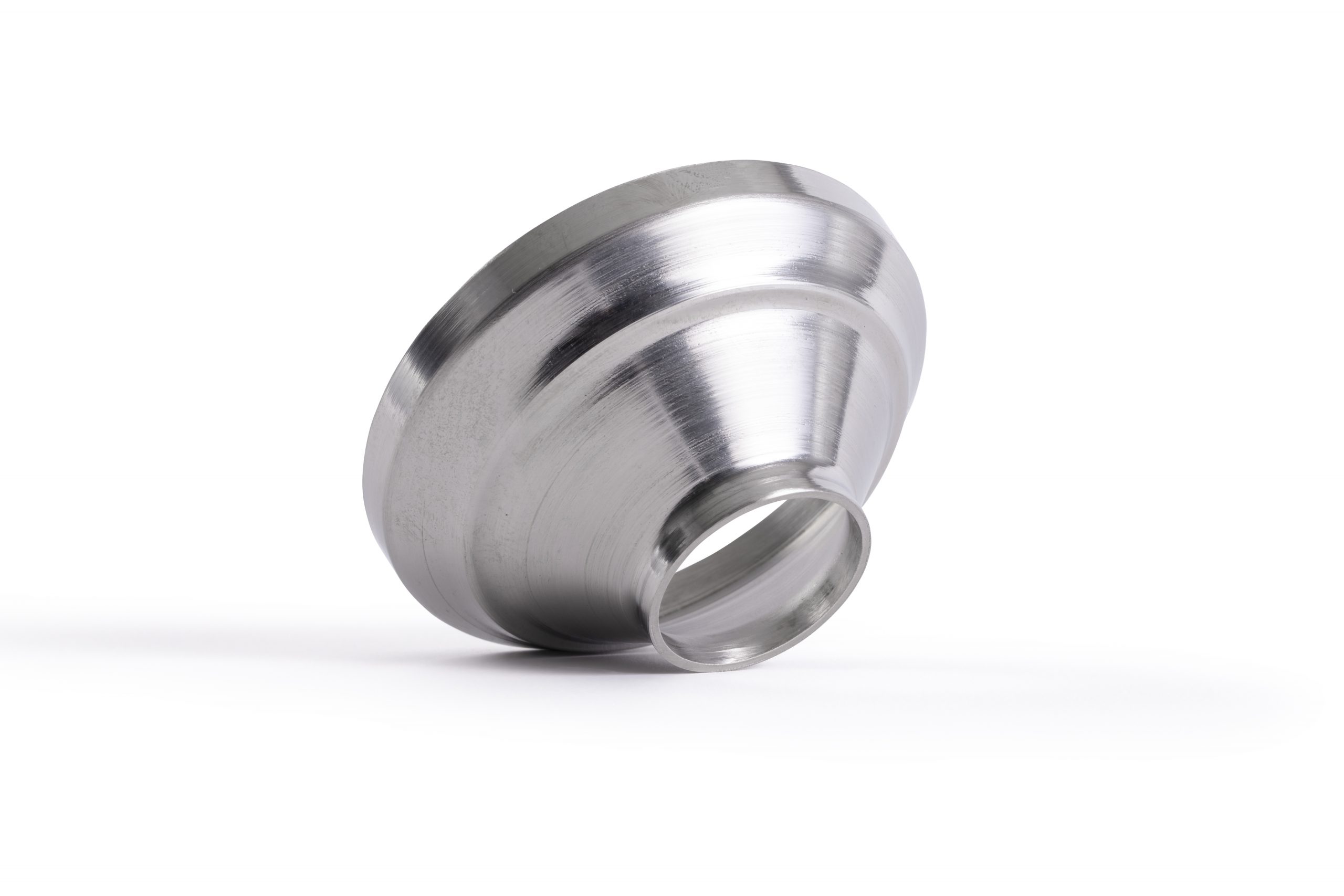 Metal Fabrication & Welding
Metal Fabrication & Welding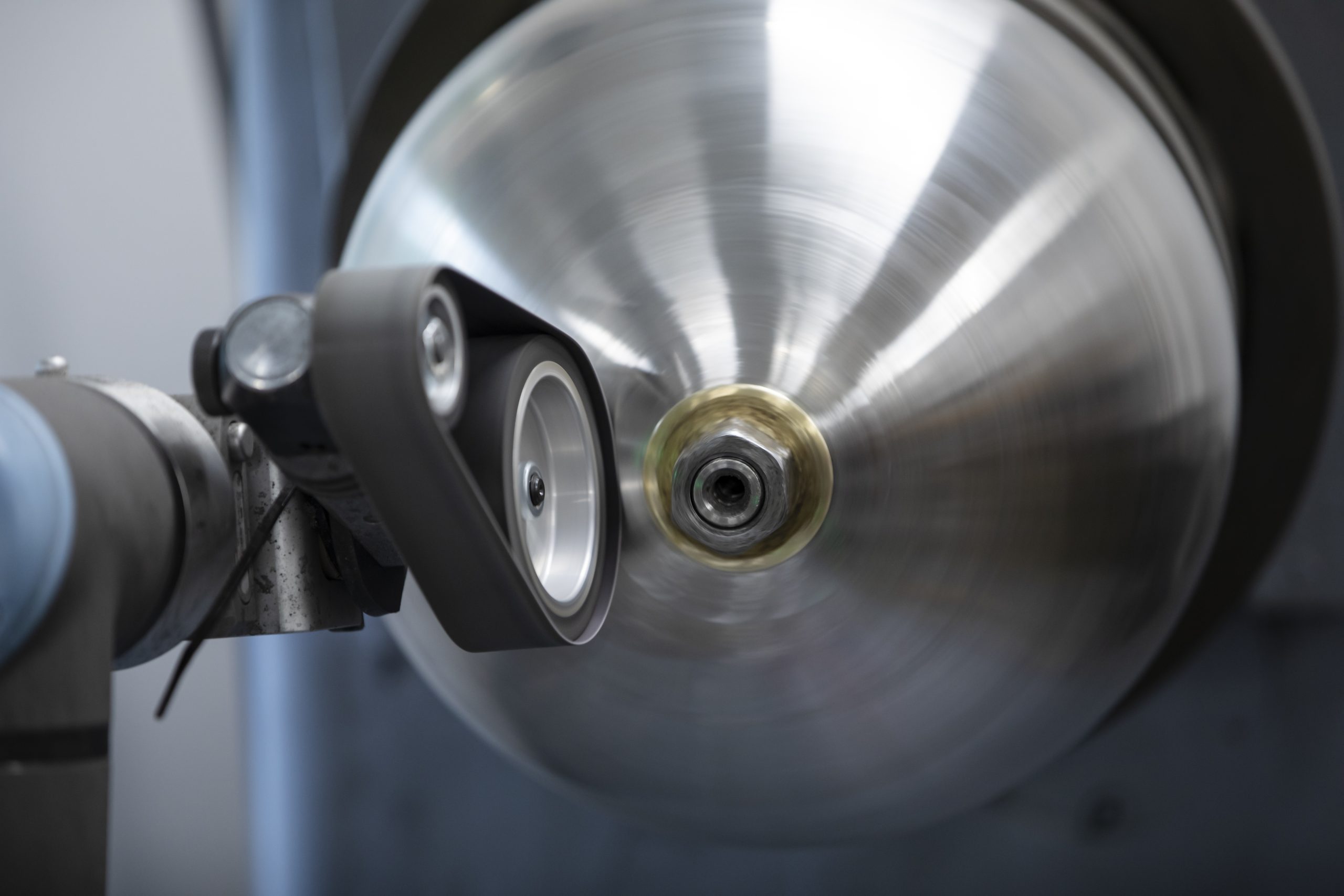 Precision Engineering
Precision Engineering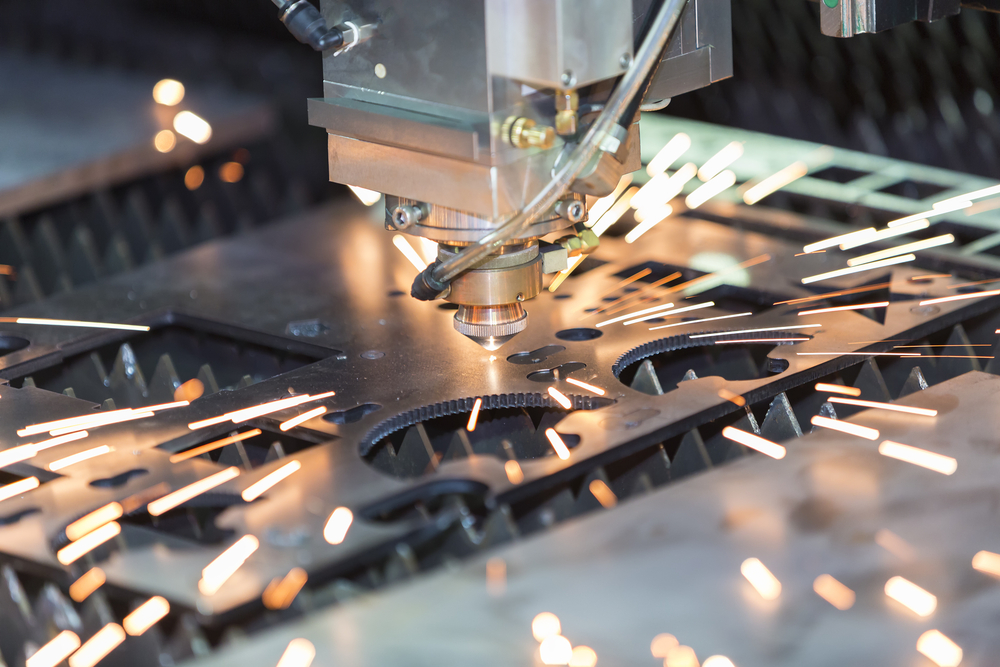 Laser Cutting
Laser Cutting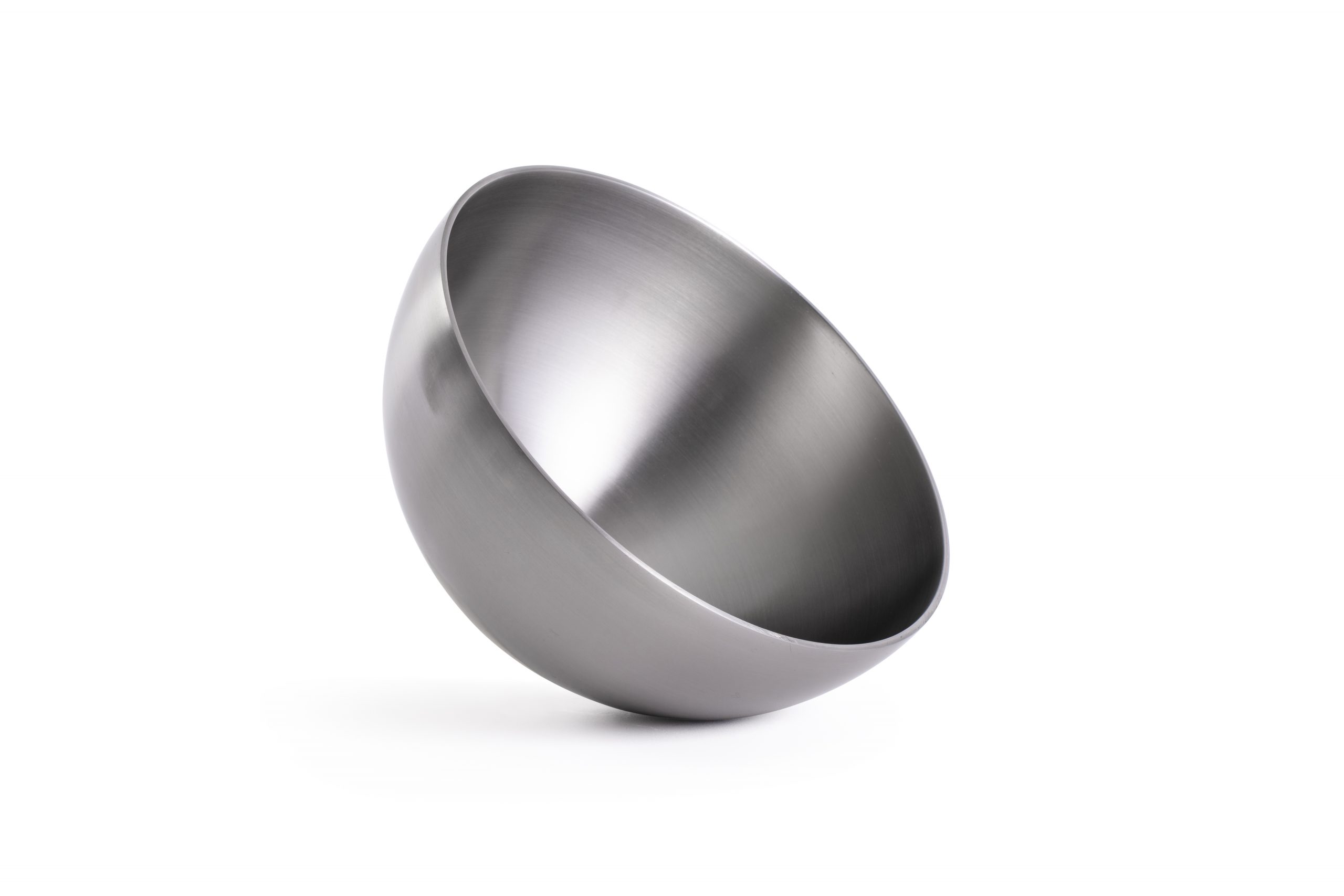 Inspection and Quality
Inspection and Quality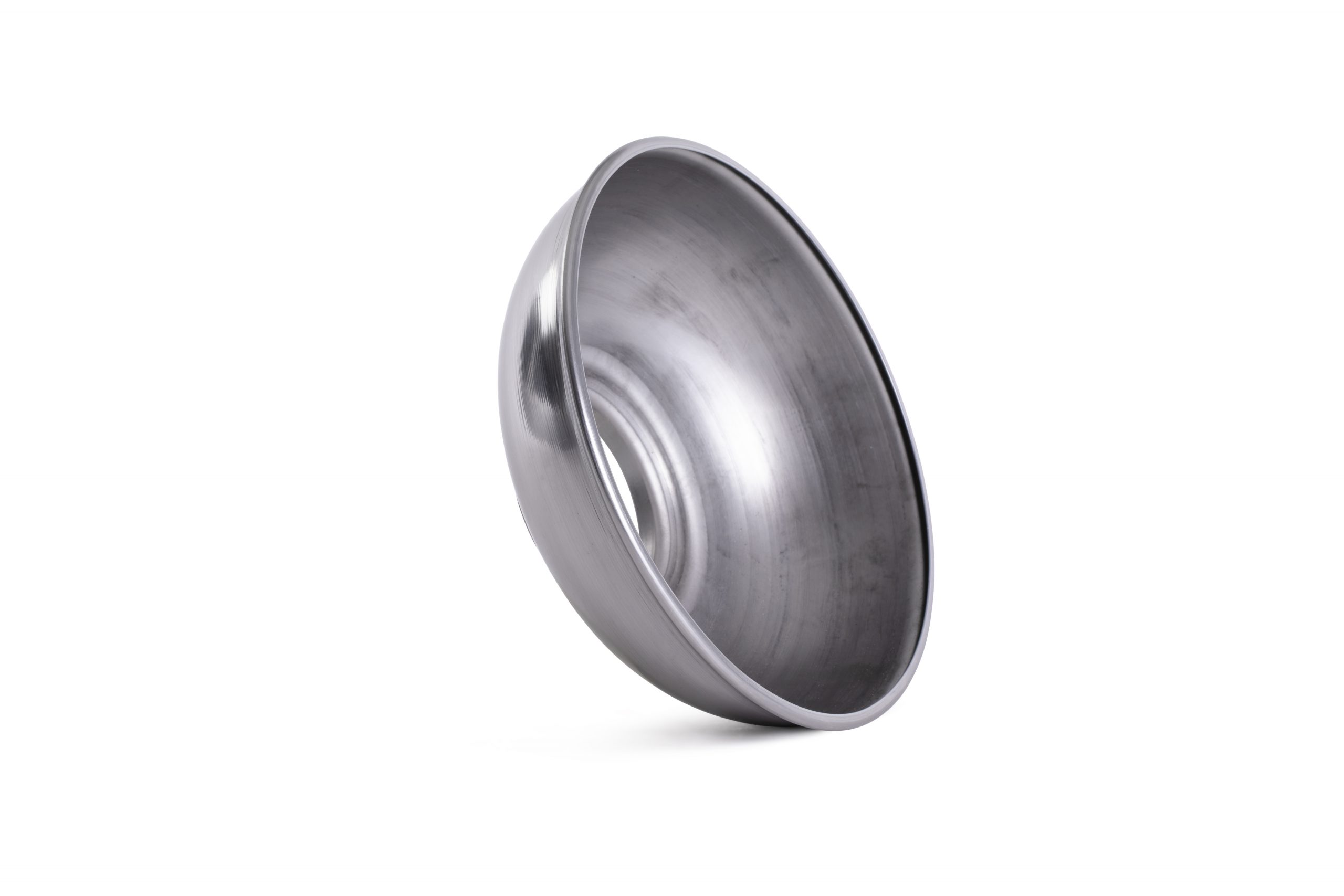 Anodising, Electropolishing and Pickling & Passivating
Anodising, Electropolishing and Pickling & Passivating Agriculture
Agriculture Automotive
Automotive Air Movement
Air Movement Food Industry
Food Industry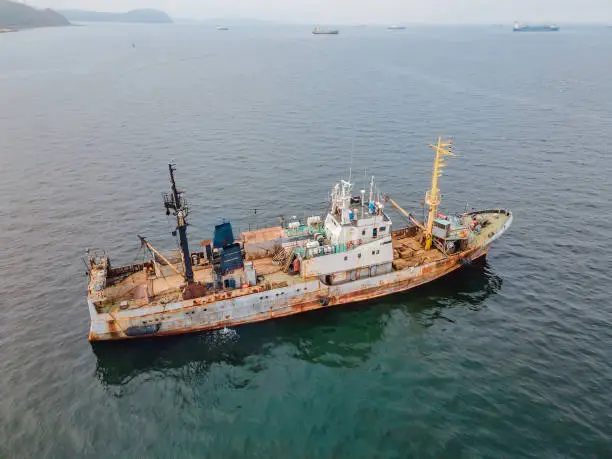 Marine
Marine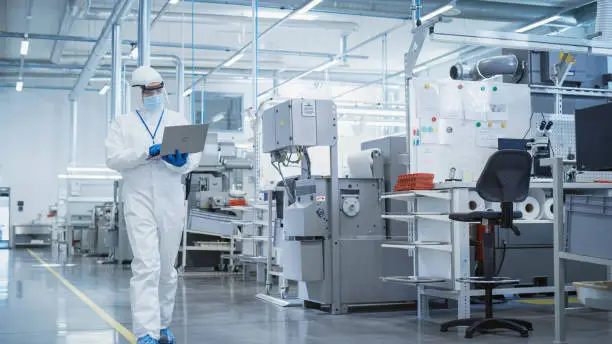 Medical and Cryogenic
Medical and Cryogenic Playground
Playground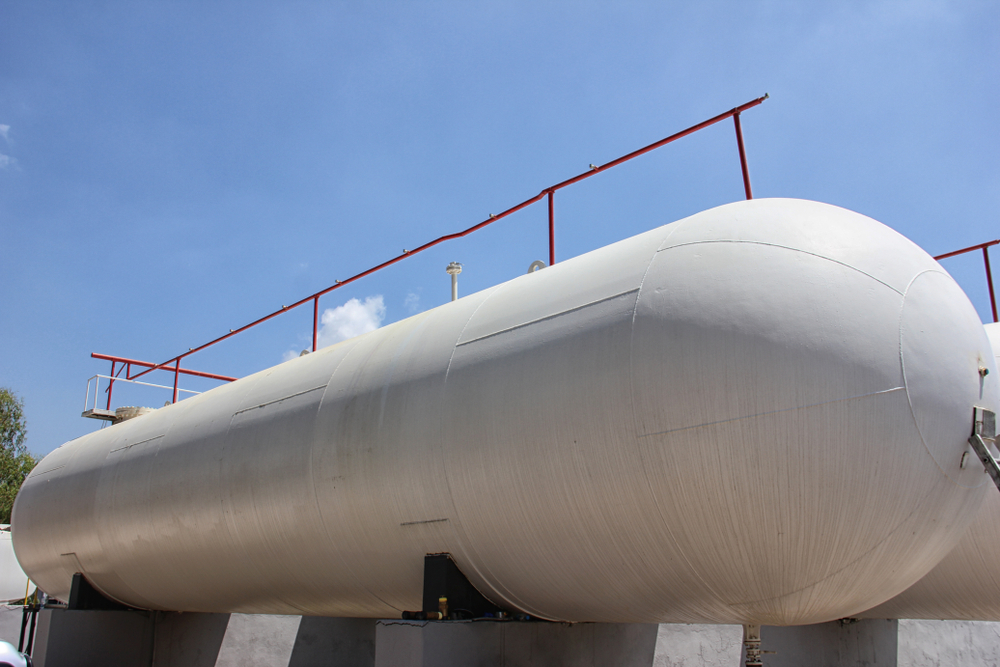 Pressure Vessels
Pressure Vessels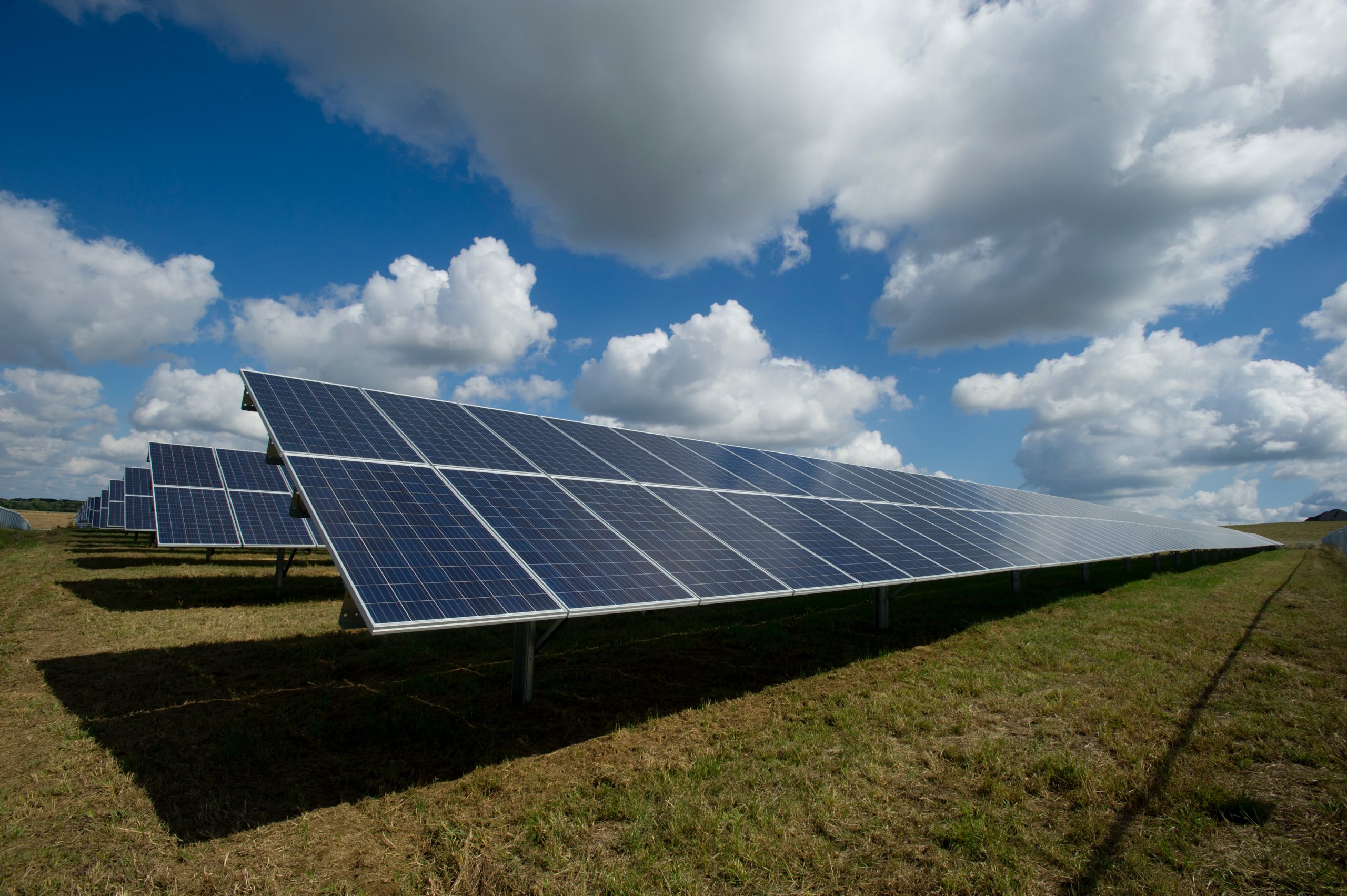 Renewable Energy
Renewable Energy Safety
Safety
